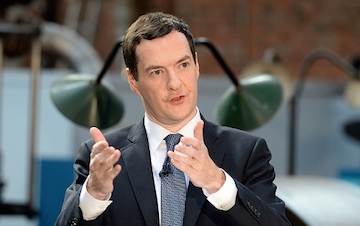As the dust settles on the latest Budget and the analysts pore over the detail contained in George Osborne’s red briefcase, analysts have given their reaction to Financial Planning Today.
Jeannie Boyle, Technical Director at EQ Investors, tells FPT what she made of the announcements.
FPT: Which part of the Budget do you think will come under closer scrutiny and continue to grab the headlines and why?
Jeannie: The Lifetime ISA - to us, this looks like a future model for pension saving. There’s a good chance we’ll see the contribution limits increase in the future. There’s no facility to pay in more than £4k or take employer contributions at the moment. This would be the logical next step. The fact you can’t access until age 60 points to a likely state pension age of 70 and resetting of expectations on when people can realistically retire.
FPT: What do you think the main highlights of interest to financial planners and clients are and why?
Jeannie: The increase in the standard ISA allowance. A couple under 40 could now save up to £40,000 into ISAs, £80,000 into pensions & £10,000 into Lifetime ISA in one year – that’s £130,000 of tax-free saving in one tax year.
FPT: Which announcements are you pleased/disappointed to hear and why? Which was the most surprising?
Jeannie: The most surprising was the Lifetime ISA. On the face of it, a great idea. Pensions are much maligned whereas ISAs are viewed positively by many. This new product provides a 25% tax bonus for those saving for their first home or retirement from age 60.
The big but is that only £4,000 p.a. can be saved and only if you are under 40 when you start. Our understanding is that you will be able to hold investments within this product as well as cash; young people will need access to cost-effective investment advice to ensure they meet their investment goals so this could be a great opportunity for simplified advice providers such as Simply EQ.
We are pleased that the Personal allowance and higher rate threshold have been increased to £11,500 and £45,000 respectively as we urged in our pre-Budget wishlist. This will take more than half a million people who should never have been paying the higher rate out of that higher tax band altogether.
It also good to see that the homelessness issue is also being tackled with funding for the ‘Rough Sleeping Social Impact Bond’ doubling from £5m to £10m.

